If you're a fan of 'Connections with James Burke (2023)' and its fascinating exploration of history, science, and technology, you'll love these 10 similar shows and movies. This article highlights series and films that delve into the interconnectedness of ideas, inventions, and human progress, offering the same intellectual stimulation and curiosity-driven storytelling.
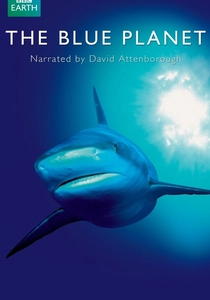
The Blue Planet (2001)
Description: A groundbreaking documentary series about marine life, it reveals the intricate ecosystems of the oceans and the connections between species, much like a program that uncovers the hidden relationships in the natural world.
Fact: The series was the first comprehensive documentary on marine life, and its success led to the development of high-definition filming techniques for underwater scenes.
 Watch Now
Watch Now 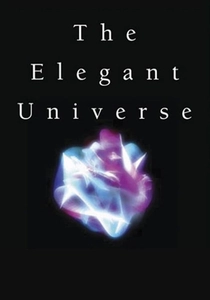
The Elegant Universe (2003)
Description: Based on Brian Greene's book, this documentary explores string theory and the quest for a unified theory of physics, presenting complex scientific ideas in a visually compelling and narrative-driven format, akin to a show that connects scientific concepts through storytelling.
Fact: The series won a Peabody Award for its ability to make advanced theoretical physics understandable and engaging for viewers without a scientific background.
 Watch Now
Watch Now 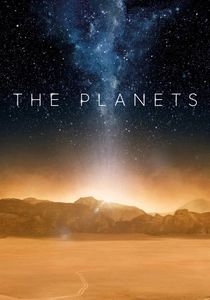
The Planets (2019)
Description: This documentary series explores the history and science of our solar system's planets, blending cutting-edge research with historical context to tell the story of their formation and evolution, akin to a show that connects scientific discovery with narrative depth.
Fact: The series uses data from recent space missions to provide up-to-date visualizations and insights into planetary science.
 Watch Now
Watch Now 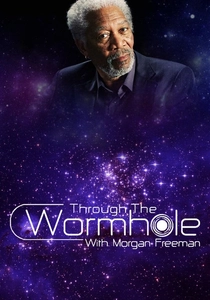
Through the Wormhole (2010)
Description: Hosted by Morgan Freeman, this series examines profound questions about the universe, blending science, philosophy, and cutting-edge research to explore the mysteries of existence, similar to a program that weaves together diverse intellectual threads.
Fact: The show was one of the first to bring high-concept theoretical physics and cosmology to mainstream television audiences, often featuring interviews with leading scientists.
 Watch Now
Watch Now 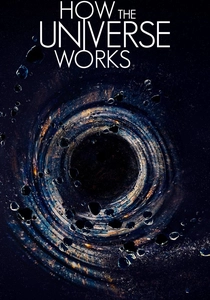
How the Universe Works (2010)
Description: This documentary series explores the fundamental workings of the cosmos, delving into scientific theories and discoveries in an engaging and accessible manner, much like a show that connects complex ideas in an understandable way.
Fact: The series features stunning visual effects and animations to illustrate cosmic phenomena, and it has been praised for making complex astrophysics concepts accessible to a general audience.
 Watch Now
Watch Now 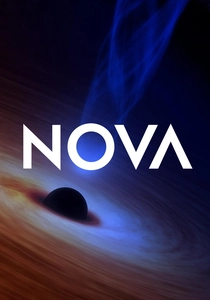
Nova (1974)
Description: As one of the longest-running science documentary series, Nova covers a wide range of scientific topics, often presenting them through historical context and personal stories, much like a program that ties together science, history, and human experience.
Fact: Nova has won numerous Emmy and Peabody Awards, and it was one of the first TV series to bring in-depth science journalism to a broad audience.
 Watch Now
Watch Now 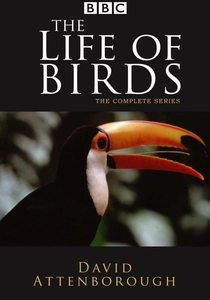
The Life of Birds (1998)
Description: This nature documentary series explores the behavior, evolution, and diversity of birds, using stunning cinematography and narrative storytelling to reveal the interconnectedness of life, similar to a show that links natural phenomena to broader themes.
Fact: The series took three years to film across all seven continents and features some of the most intimate footage of bird behavior ever captured.
 Watch Now
Watch Now 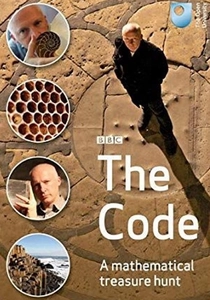
The Code (2011)
Description: This documentary series explores the hidden numerical patterns that govern the natural world, from the shapes of galaxies to the behavior of animals, presenting mathematics as a universal language that connects diverse phenomena, similar to a show that reveals hidden connections.
Fact: Hosted by mathematician Marcus du Sautoy, the series was filmed in locations around the world to illustrate mathematical principles in real-world contexts.
 Watch Now
Watch Now 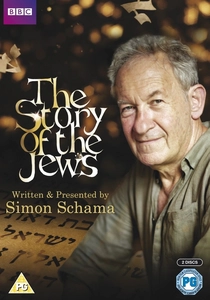
The Story of the Jews (2013)
Description: This historical documentary traces the journey of the Jewish people through time, connecting cultural, religious, and political threads to present a comprehensive narrative, much like a program that weaves together diverse historical and intellectual themes.
Fact: Hosted by historian Simon Schama, the series was filmed in multiple countries and features rare archival materials and interviews with scholars.
 Watch Now
Watch Now 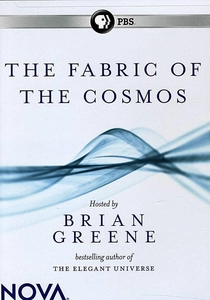
The Fabric of the Cosmos (2011)
Description: Another Brian Greene production, this series dives into the nature of space, time, and reality, using thought experiments and cutting-edge science to explain the universe's underlying structure, much like a program that links abstract ideas to tangible phenomena.
Fact: The show features innovative animations and visualizations to help explain concepts like quantum mechanics and the nature of the multiverse.
 Watch Now
Watch Now 








